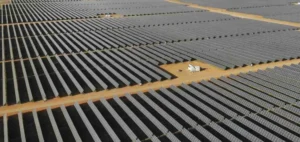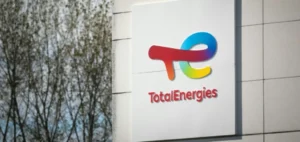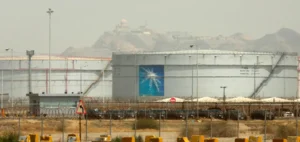Italy may miss the climate targets set at the European Union level for 2030, according to a joint study published by energy group Edison and think tank TEHA. The report points to significant delays in the development of renewable energy and energy storage infrastructure, estimating that the country will be ten years behind in implementation.
Insufficient deployment and administrative bottlenecks
According to the study, delays in permit approvals, saturated power grids, and limited land availability are significantly extending the timeline of solar and wind projects. The cost of solar projects in Italy remains 20% higher than in France, Germany, and Spain. This cost differential is directly linked to administrative complexity and local technical constraints.
Hydropower potential and advanced technologies
The report nonetheless identifies several growth levers, notably the development of 56 new hydropower storage sites with a potential of 13.6 gigawatts. This capacity would be essential to strengthen the country’s energy security while enhancing resilience against climate-related disruptions. Over the long term, integrating these infrastructures with advanced nuclear technologies and carbon capture systems could increase Italy’s gross domestic product (GDP) by €190bn ($204bn) by 2050.
Need for support to local supply chains
Edison Chief Executive Officer Nicola Monti stated that “we need to reduce our technological and energy dependence on foreign countries.” He stressed the importance of strengthening domestic supply chains, particularly in hydroelectric pumps, and building European partnerships around emerging technologies such as next-generation nuclear and carbon capture.
Recommendations to accelerate the transition
The document recommends that Italian authorities streamline permit procedures, provide long-term investment visibility, and reduce energy costs to boost sector investment. These measures are seen as essential to realigning Italy with the decarbonisation trajectory required by European commitments.






















